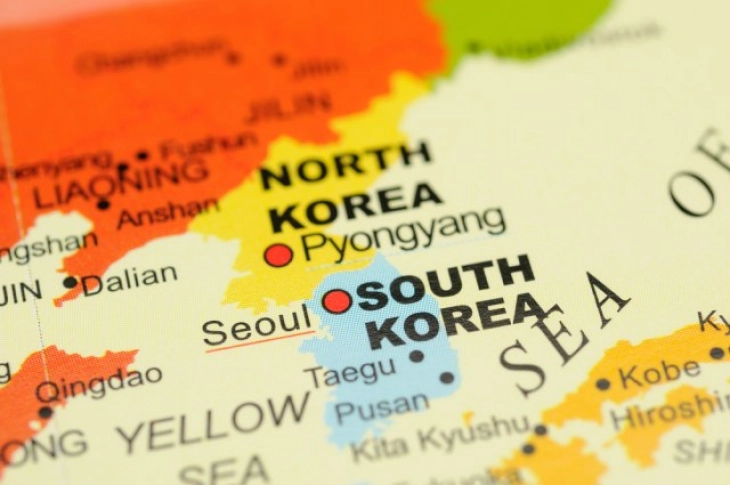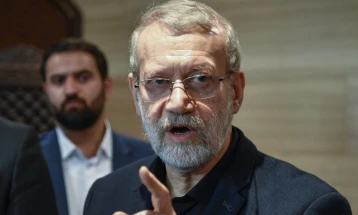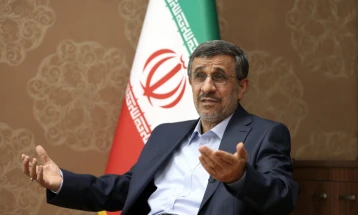Seoul: Pyongyang fires intermediate- or long-range ballistic missile
- North Korea has fired an intermediate- or longer-range ballistic missile towards the waters off its eastern coast, the South Korean military said on Thursday.
- Post By Nevenka Nikolik
- 08:30, 13 April, 2023

Seoul, 13 April 2023 (dpa/MIA) - North Korea has fired an intermediate- or longer-range ballistic missile towards the waters off its eastern coast, the South Korean military said on Thursday.
The South Korean military said that the missile was fired at 7:23 am (2223 GMT Wednesday) towards the East Sea, as the Sea of Japan is also known.
The intermediate- or longer-range ballistic missile flew about 1,000 kilometres before splashing into the water, the Joint Chiefs of Staff (JCS) in Seoul said without providing further details on the launch, news agency Yonhap reported.
The US meanwhile condemned what it called an intercontinental ballistic missile (ICBM) test.
US National Security Council spokeswoman Adrienne Watson said that President Joe Biden and "his national security team are assessing the situation in close coordination with our allies and partners."
"The United States will take all necessary measures to ensure the security of the American homeland and Republic of Korea and Japanese allies," Watson added in a statement.
UN resolutions prohibit North Korea from testing ballistic missiles of any range, which - depending on their design - can also be equipped with a nuclear warhead. Missiles with the capability to travel more than 5,500 kilometres are counted as ICBM.
The launch prompted Japan's emergency alert system to warn Hokkaido residents to evacuate amid a risk that the missile could land in the proximity of Japan's northernmost main island, Kyodo news agency reported, adding that the warning was later withdrawn.
Kyodo cited Japanese Defence Minister Yasukazu Hamada as saying that the missile did not fall within Japan's exclusive economic zone or territory.
The launch comes as North Korea has over recent days failed to answer routine calls from South Korea made through their direct communication channels, according to the South Korean Defence Ministry.
The reasons for the lack of a response to the standard twice daily calls between liaison officials were not immediately evident, the ministry has said. Observers believe the break in communication could be a North Korean response to US-South Korean joint military exercises.
Earlier this week, North Korean leader Kim Jong Un called for his country's war deterrence to be strengthened and made more "offensive," following such exercises.
Tensions on the Korean peninsula have increased considerably since last year. North Korea is increasingly testing nuclear-capable missiles, despite a ban by UN resolutions. The US and South Korea have meanwhile resumed full-scale joint military drills.
Observers fear that Pyongyang's first nuclear test in years is imminent.
Photo: MIA archive







